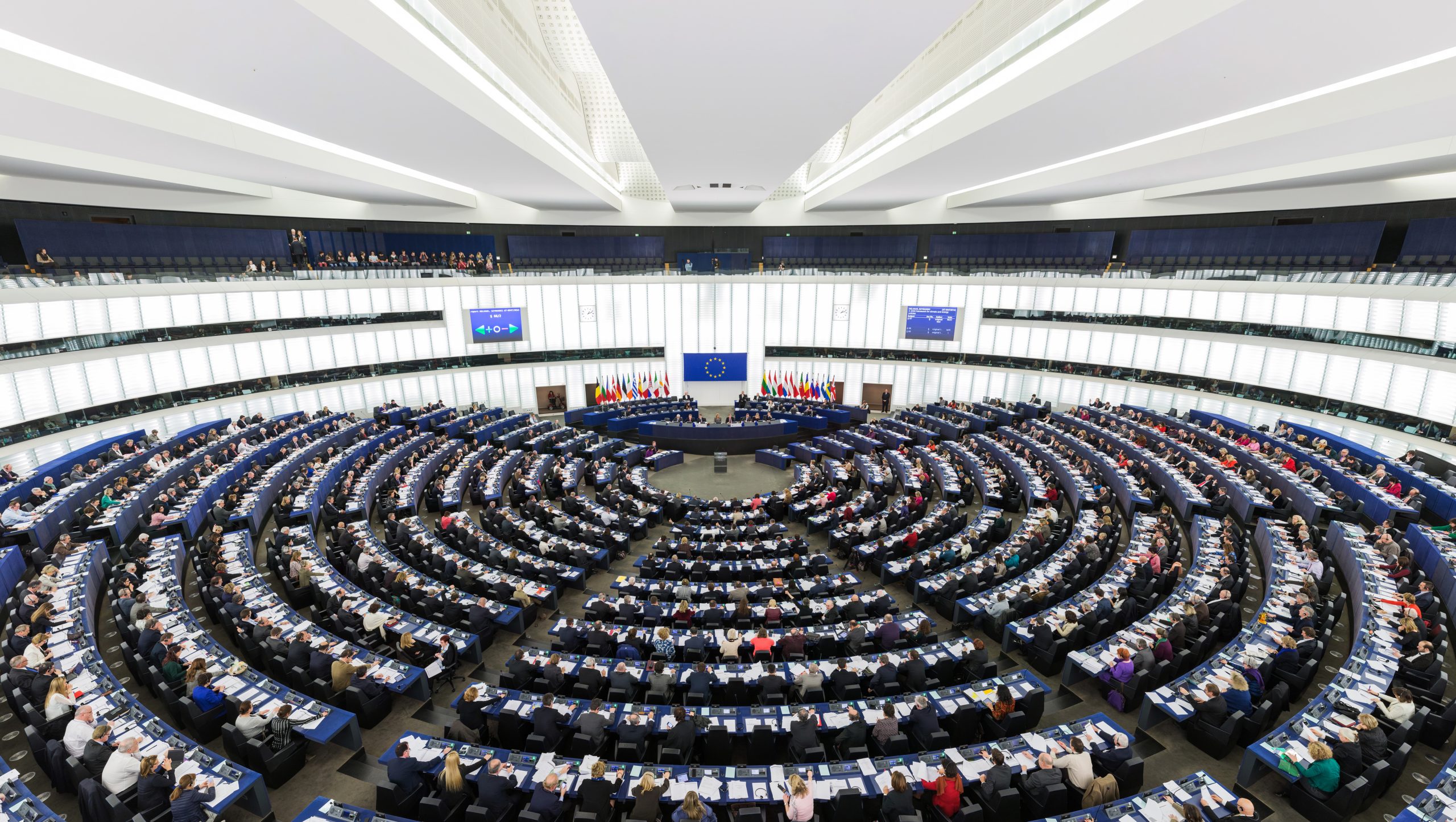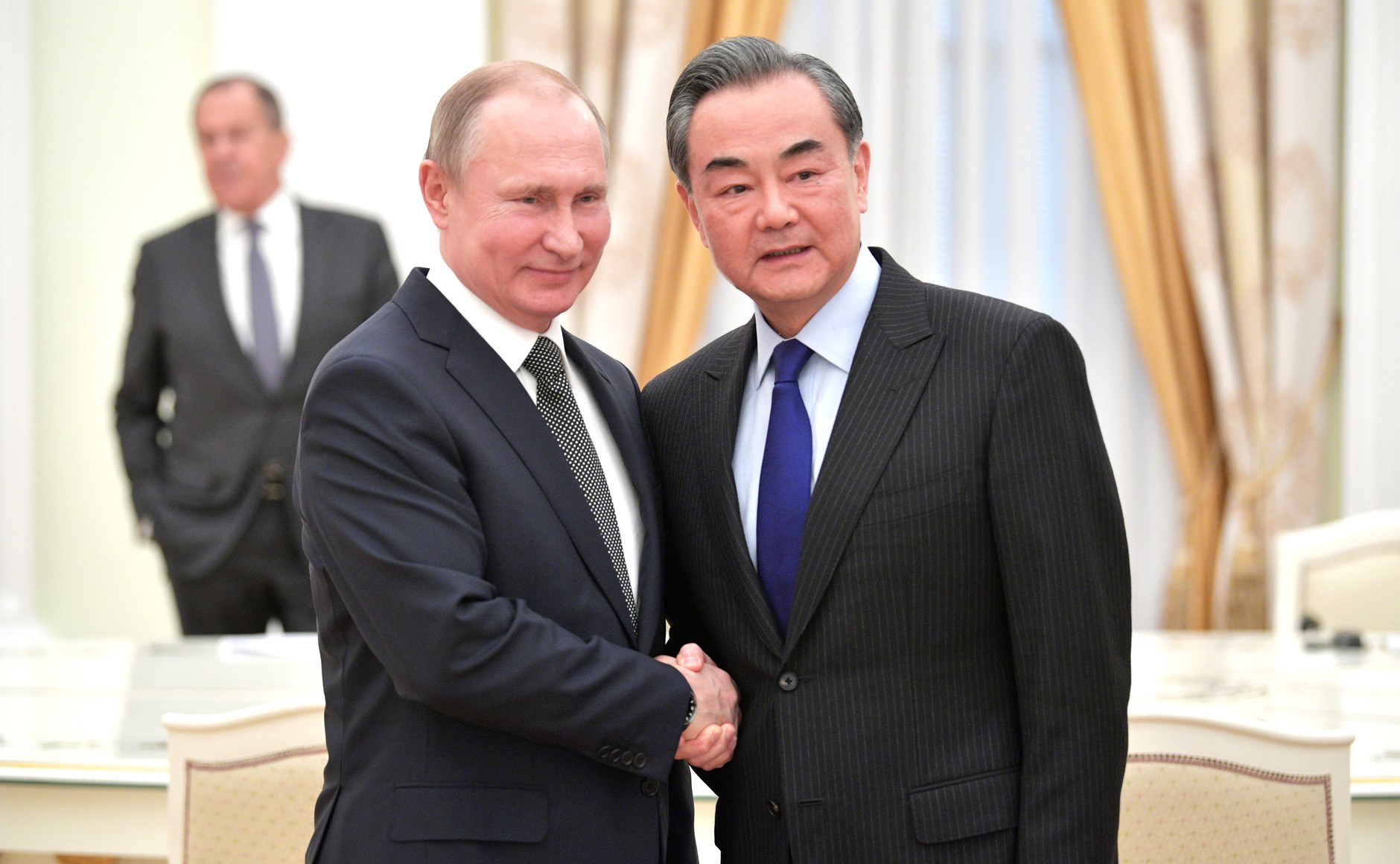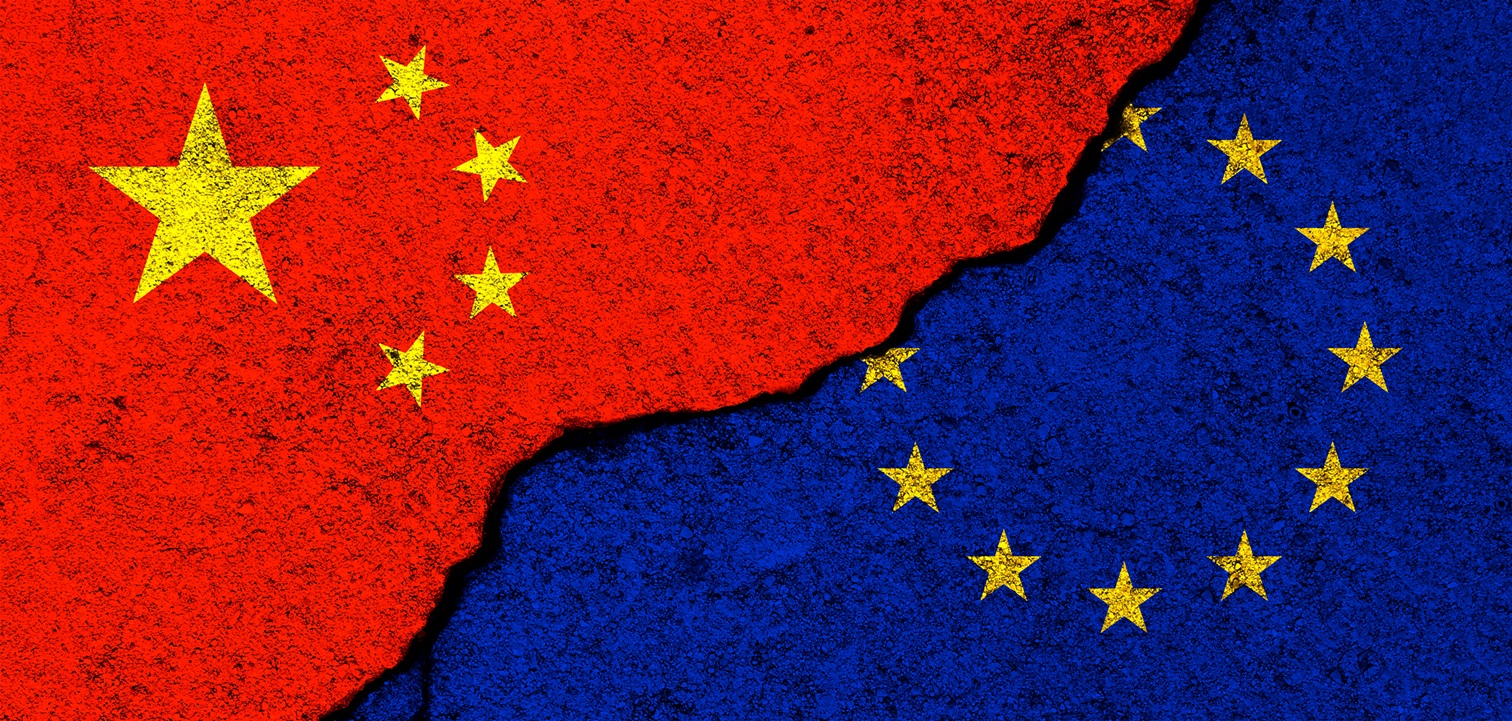Publications
INSS Insight No. 1841, April 1, 2024
The relationship between the EU and China has been complex and evolving since they established formal ties, due to the European Union’s apprehensive approach to China, with a mixture of both excitement and concern at once. The European Union understands the limitations of its influence on China. At the same time, the European Union also understands that it must set achievable goals in each of its three-dimensional strategy phases in its relations with China: “cross-border” threats, economic competition, and systemic rivalry.
Since the establishment of diplomatic relations in 1975, the relationship between the European Union and China has evolved into a complex system, characterized by both partnership and rivalry. Although initially based on a “comprehensive strategic partnership,” the relationship has experienced fluctuations due to foundational disagreements on values, particularly regarding Chinese human rights violations. However, both the European Union and China share common interests in international trade and respect the principle of reciprocity through foreign investments. Nonetheless, challenges arise from the lack of Chinese enforcement on copyright and intellectual property matters, as well as differences in international and strategic positions related to Hong Kong, Taiwan, and the South China Sea conflict and treaties regarding nuclear proliferation.
The European Union’s Perception of China
The founding document, “A Strategic Outlook—China-EU” (March 12, 2019), outlines the current tripartite strategy of the European Union toward China, in which it perceives China as a partner to address “cross-border” threats, as well as an “economic competitor” and a “systemic rival.” This multifaceted relationship is rooted in the norms and values of the European Union, which require it to maintain an ongoing dialogue with China to achieve tangible outcomes and safeguard its values and interests. This position was reaffirmed in March 2022 when the European Union’s External Action Service (EEAS) published the EU’s “Strategic Compass for Stronger Security and Protection,” which includes an action plan designed to strengthen EU security and defense policies by 2030.
The European Union is committed to an ongoing dialogue with China, conducted through dialogue mechanisms which culminate in annual summit meetings. In December 2023, the 24th summit was held. Its summary message, titled “Engaging in the promotion of our values and the protection of our interests,” reflects the current disputes and tensions, particularly focusing on trade, investment, and technology issues that form the basis of the EU–China relationship. In addition, the summit addressed strategic issues in the international arena, highlighting Russian aggression against Ukraine and China’s responsibility as a permanent member of the UN Security Council to take action, the war in the Gaza Strip and its ramifications, and the issue of Taiwan. The closing statement of the summit reiterated the importance the European Union places on the relationship with China, despite its complexity. The statement reaffirmed the European desire to maintain a pragmatic approach and continue relations with China while avoiding confrontations. However, the statement also reflected the European Union’s ongoing dilemmas, uncertainties, concerns, and suspicions regarding China. There is a desire to maintain fair and reciprocal trade relations and greater access to the Chinese market, while there is also a need to avoid any negative consequences that may stem from this relationship. These include any negative ramifications on the relationship with the United States, including American sanctions imposed on a growing list of Chinese companies, which have created significant difficulties for European companies operating in China.
The European Union’s position toward China has also been influenced by China’s attitude toward issues that are increasingly sensitive to Europe, particularly human rights and China’s support of Russian aggression in Ukraine. As a result, the European Union makes a conscious effort to avoid actions that may provoke Chinese countermeasures, as these would have adverse economic and diplomatic repercussions on the standing of the European Union. At the same time, the escalating tensions between China and the United States have also affected the European attitude toward China, leading to a growing focus on this friction and the need to address potential threats emanating from China.
Upcoming European Parliament Elections
The European Parliament also focuses on relations with China. In response to what has been identified as a significant change in China’s conduct both domestically and internationally (“China is becoming more assertive in its conduct…”), the Parliament froze the Comprehensive Agreement on Investment (CAI), which was agreed upon on December 30, 2020. On December 13, 2023, it adopted a resolution titled “EU–China Relations.” The resolution includes a recommendation for a new EU policy that considers the current state of the relationship between the parties, taking into account the shift and increasing threats. The most recent European Parliament resolution from January 17, 2024, explicitly addresses the security implications of Chinese influence on critical infrastructure in the European Union.

The upcoming elections to the European Parliament (June 6–9, 2024) will further test European relations with China. It can be assumed that China will be one of the issues in the election campaign, and that the parties and candidates will address the current political-economic agenda between China and the European Union. Public opinion polls conducted ahead of the elections anticipate the strengthening of right-wing parties, particularly those on the extreme right. The composition of the European Commission’s new leadership will also influence the attitude of the European Union toward China, determining whether we will see the adoption of a more aggressive approach.
The European Union and the United States
The European Union also faces a “chain reaction” of pressures: The United States is pushing the European Union to distance itself from China, and Brussels is urging EU member states, especially small ones, to turn down Chinese proposals for economic projects. However, smaller states like Bulgaria or Croatia do not always wish to comply with Brussels’ stringent criteria for doing business with China, especially when presented with more lucrative offers from China than from the United States, although their ability to oppose China on a bilateral level is diminishing. Meanwhile, the largest EU member states can still maintain their autonomy in dealing with China. For example, Germany’s Chancellor Schulz is scheduled to lead a large commercial delegation to China on April 15–16, 2024. It is unlikely that other member states will criticize this, especially given concern that the German economy may experience a long-term recession, which could affect all European countries.
Some EU countries have joined the United States in imposing sanctions on China, particularly in relation to microchips. For example, the main manufacturer of equipment for the production of ASML microchips in the Netherlands cancelled shipments to China last year under US pressure. However, when it comes to Chinese companies that are under global scrutiny such as Huawei and ZTE, most EU companies do not impose a ban on them for the establishment of 5G infrastructure.
US frustration with the European Union’s conduct increased during the Trump era and has continued under President Biden’s administration. Former US President Donald Trump’s statements, including his demand for NATO countries to contribute more to the organization’s expenses, have heightened concerns among EU and NATO countries, especially in the context of the war in Ukraine. Adding to this friction is Washington’s perspective that while China has become the largest and most dangerous rival of the United States, Europe is seen as developing an increasingly close partnership with China.
China’s Approach to the European Union
In February 2024, following the Munich Security Conference, Chinese Foreign Minister Wang Yi stated in an interview that he believes Europe is developing a more rational perception of China’s growth. He emphasized that Europe should not fear or reject China; however, he made it clear that China is not willing to change what is most troubling to Europeans—its deepening relations with Russia and its approach to their mutual trade. While Wang Yi’s efforts to alleviate European concerns about China’s position on the war in Ukraine may not have significantly affect the European Union, Yu Jie, a senior research fellow on China at the Chatham House Research Institute in London, believes that as long as the war in Ukraine continues, EU policy toward China will become more similar to that of the United States.

It can be assumed that during his trip to Munich, the Chinese foreign minister sought to pave the way for a closer relationship between China and the European Union, especially looking ahead to shifting political leadership in the United States this coming November. Chinese President Xi Jinping’s planned visit to Europe later this year is also likely part of China’s efforts to regain the trust of the European Union in this context. The underlying strategy is to convince the European Union that should former President Trump return to the White House, the European Union and China will face common challenges. China’s hope is that EU countries will be more willing to cooperate with Beijing, as it wishes to regain access to the European market and hopes that Europe will not align with the United States on every issue.
In addition to engaging with EU leaders, China continues to develop its bilateral relationships with each of the 27 EU countries. This divide-and-conquer approach allows China to tailor its foreign policy effectively. China underscores the importance of these bilateral relations, particularly issues beyond the regulatory framework of the European Commission, the European Union’s executive branch. Using this strategy, China aims to enhance its political and economic gains, but European nations are shifting their stance toward China due to its policies. The “17+1,” a platform for China’s cooperation with Central and Eastern European countries, has lost momentum following the withdrawal of the Baltic states from the group, as a result of China’s adverse position toward Lithuania in the context of Taiwan and its support of Russia. Similarly, the European Union welcomed Italy’s decision to withdraw from China’s flagship “The Belt and Road” initiative for similar reasons.
Unflustered by these developments, China continues to work on stabilizing ties with EU countries. At the Munich Security Conference, Wang assured the German foreign minister that China was willing to work with Germany to avoid a deterioration in relations, build more consensus and understanding, and support each other on issues related to the core interests of the two parties. During a recent visit to Spain, Wang informed his colleague that “China is willing to work with Spain to shape the relationship between China and Spain from a global perspective and from a long-term perspective . . . in order to promote Sino-Spanish relations [so] that these will be at the forefront of relations between China and the European Union.” Both parties agreed to enhance their cooperation. The EU high commissioner for foreign affairs stated that China is willing to work with the European Union to promote an equal and orderly multi-polar world, where each country has its own place. In addition to the visit of the Chinese minister of foreign affairs to Europe, the head of China’s Ministry of Public Security met with Prime Minister Viktor Orban in Hungary, and unexpectedly proposed military and security cooperation between Hungary and China.
Expectations and Concerns
The fluctuations in the EU–China relationship stem from Europe’s recognition of China’s changing conduct internationally, regionally and specifically toward the Union over the last 10–15 years, which has led to increased caution and a more discerning view toward China. The European Union understands the limitations of its ability to influence China but acknowledges that it must establish achievable goals for each facet of its three-dimensional strategy—as a partner addressing “cross-border” threats, an economic competitor, and a systemic rival. Consequently, Europe’s view of China is characterized by a blend of both expectations and concerns and reflects a nuanced approach to relations with China.



